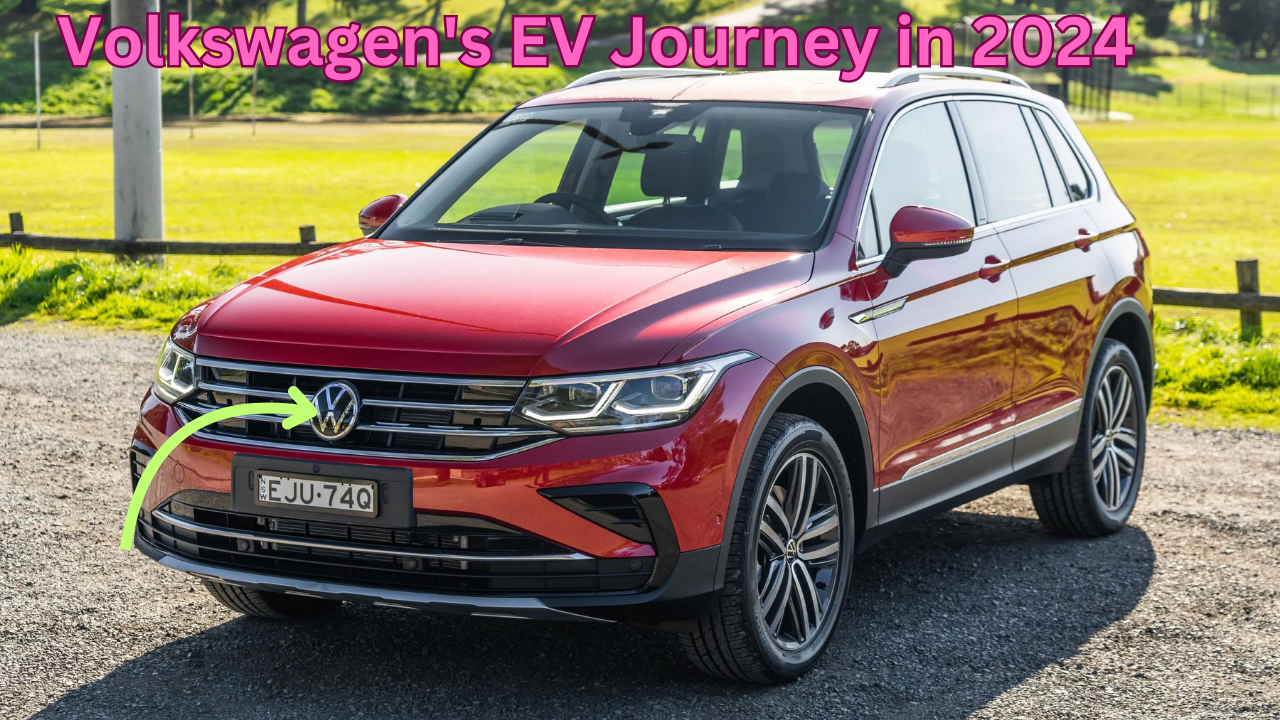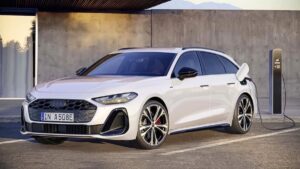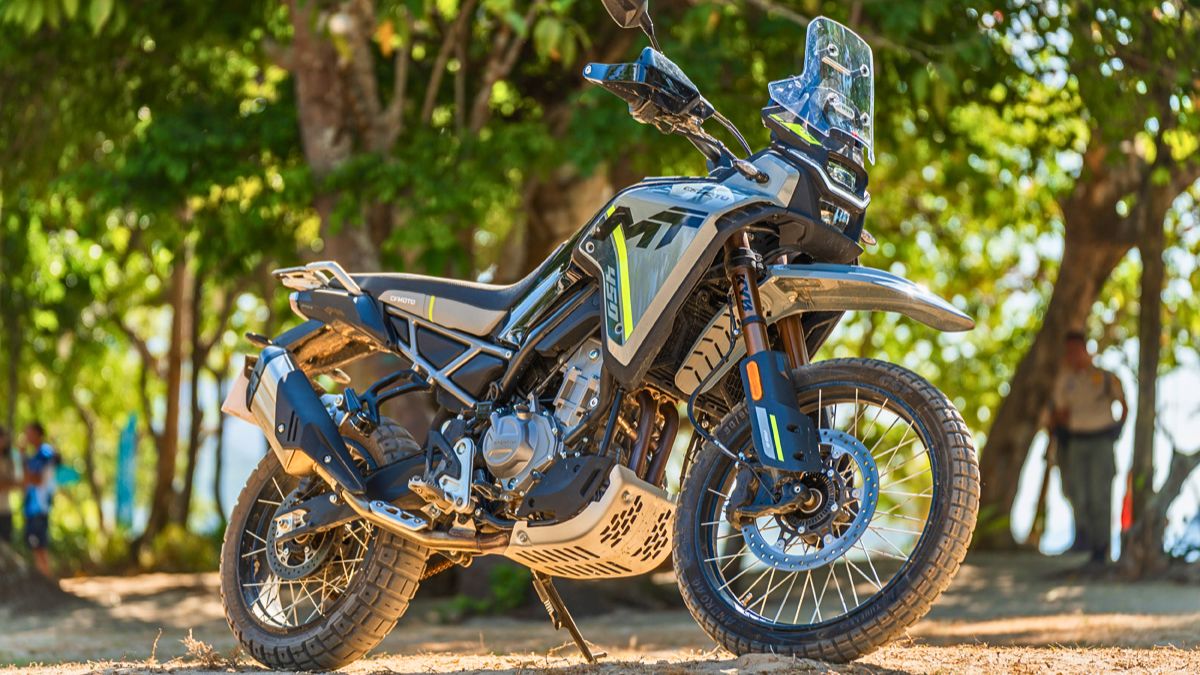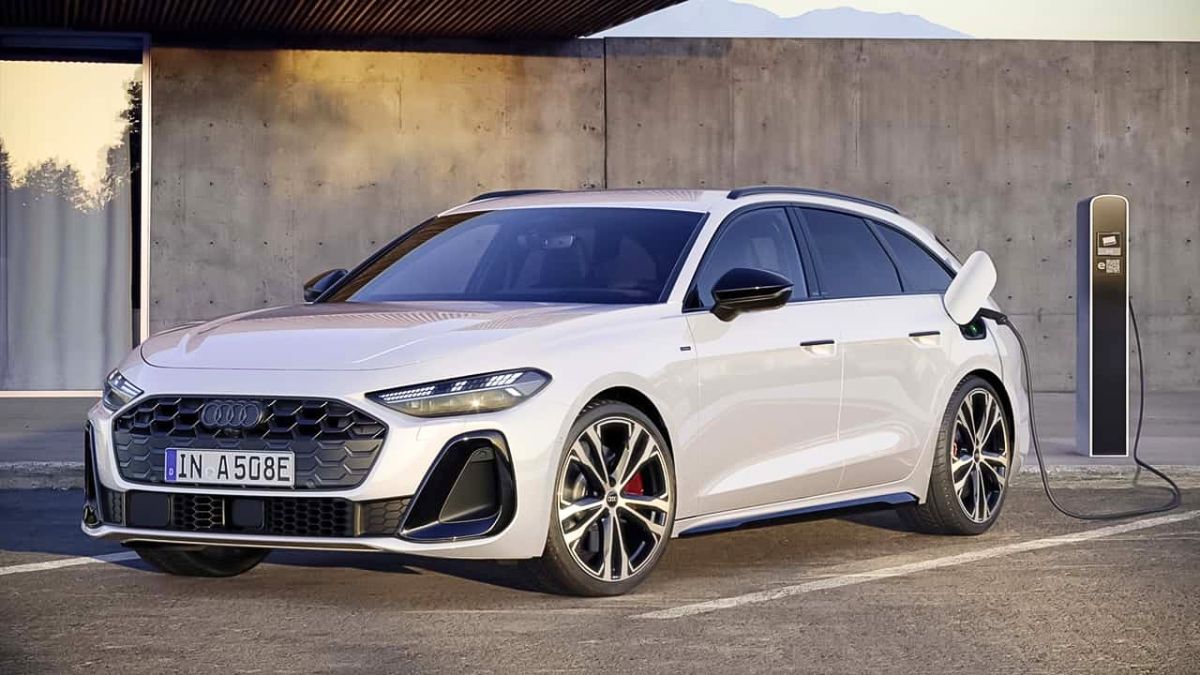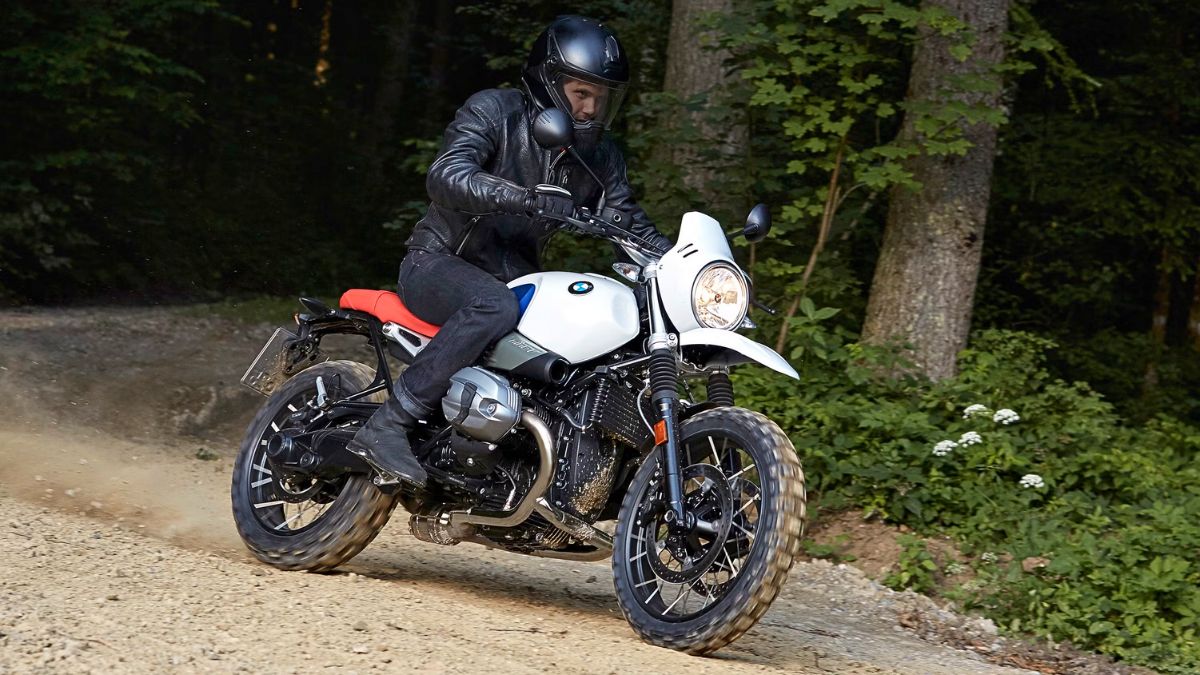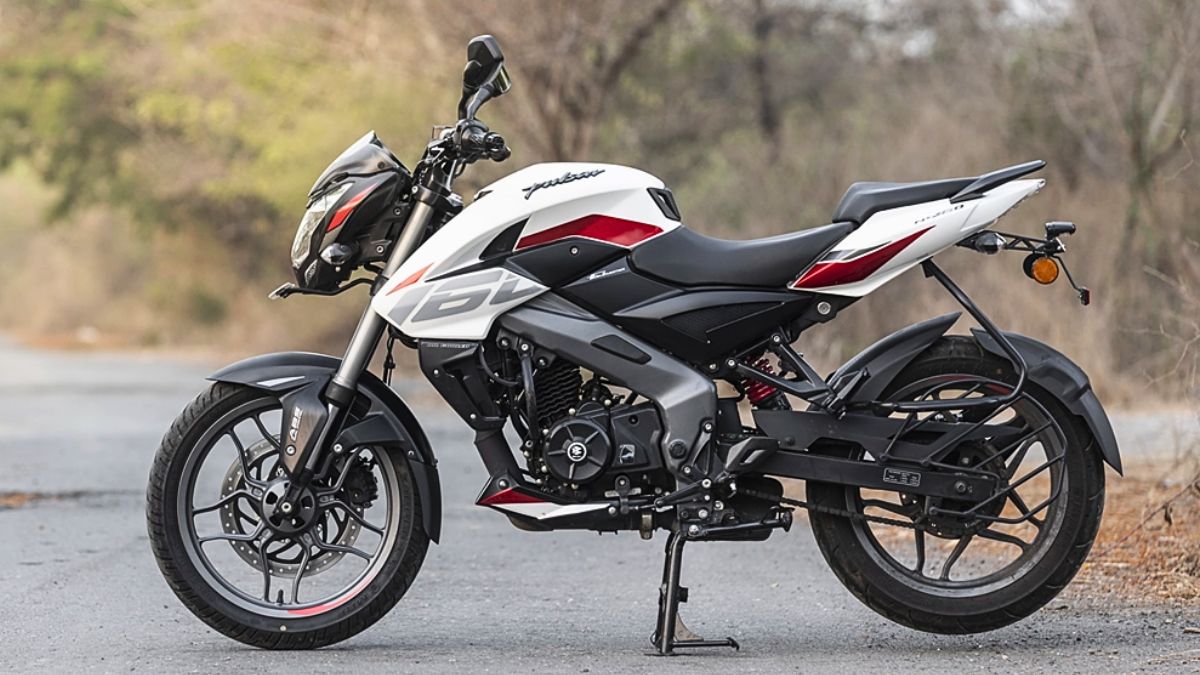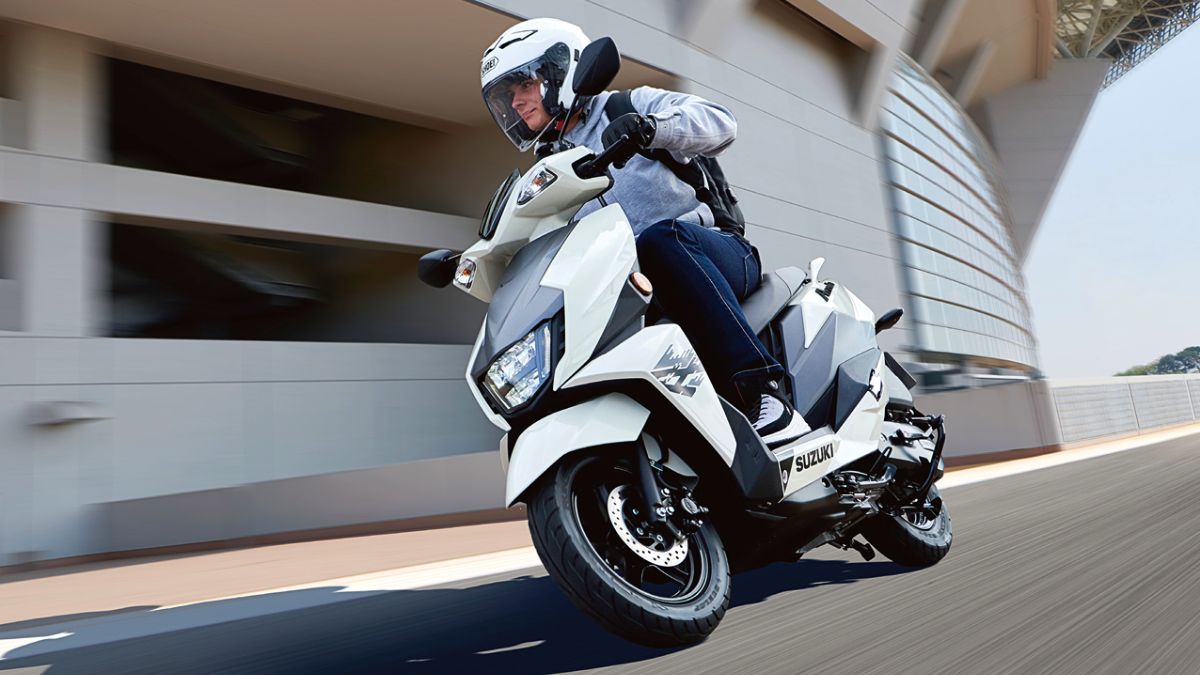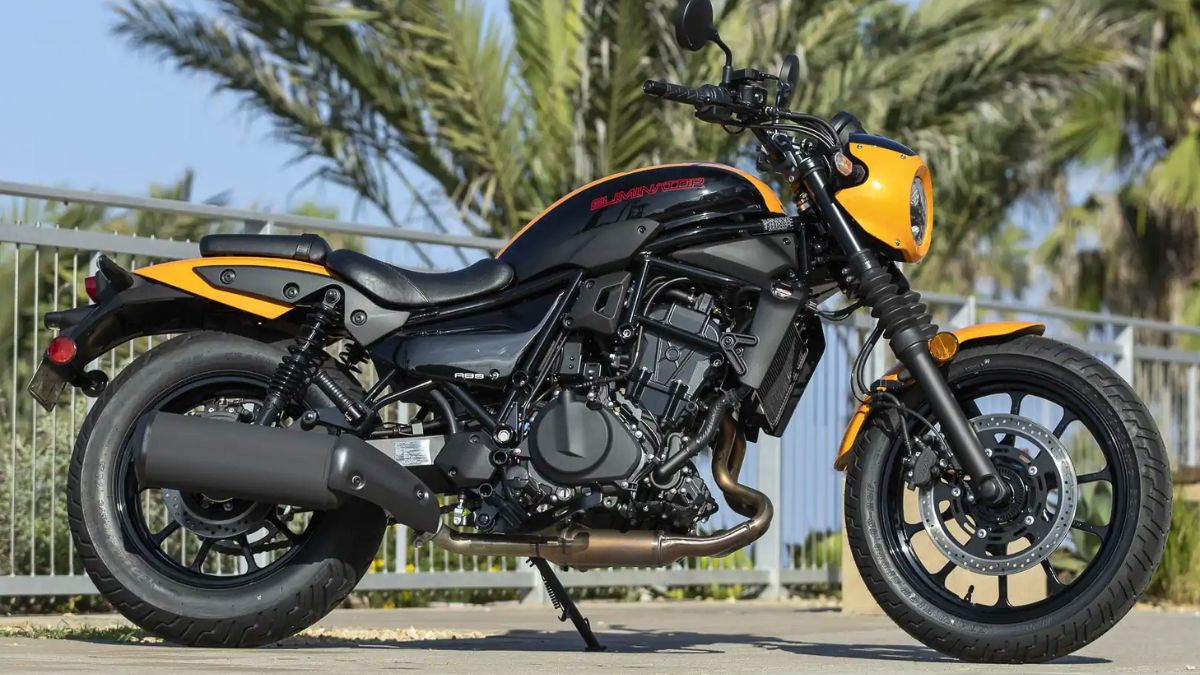Volkswagen’s EV Journey in 2024: Volkswagen, one of the world’s most renowned automotive manufacturers, has been navigating the evolving landscape of electric mobility. In its 2024 global sales report, Volkswagen highlighted its progress in electrification, emphasizing its fully electric vehicle (EV) sales. The company sold 383,100 fully electric vehicles in 2024, a figure that invites mixed interpretations about the company’s performance in the increasingly competitive EV market.
Volkswagen’s EV Sales Performance
Volkswagen launched its ID. family in 2019, marking a significant step in its transition toward electric mobility. By the end of 2024, the company had sold 1.35 million ID. units globally. The ID.3, one of Volkswagen’s flagship electric models, has achieved around 500,000 units in sales since its debut. This averages to about 100,000 units sold annually, indicating steady but not revolutionary growth for a vehicle that was expected to revolutionize the market.
Volkswagen EV Sales Overview
| Year | Total Vehicle Sales | Fully Electric Vehicle Sales | Cumulative ID. Family Sales |
|---|---|---|---|
| 2019 | – | – | Launch Year |
| 2020 | 5.2 million | 134,000 | 134,000 |
| 2021 | 5.0 million | 263,000 | 397,000 |
| 2022 | 4.9 million | 330,000 | 727,000 |
| 2023 | 4.8 million | 327,000 | 1.05 million |
| 2024 | 4.8 million | 383,100 | 1.35 million |
The steady growth in EV sales underscores Volkswagen’s efforts to transition toward sustainable mobility. However, these numbers also highlight the challenges of scaling EV production to meet global demand.
Global EV Market Trends
To understand Volkswagen’s performance, it is essential to analyze broader global EV market trends. The electric vehicle market has been growing exponentially, driven by technological advancements, supportive government policies, and shifting consumer preferences.
Global EV Market Drivers
- Government Regulations and Incentives: Many governments worldwide are introducing stringent emission regulations and offering subsidies for EV purchases to combat climate change.
- Technological Advancements: Innovations in battery technology, especially lithium-ion batteries, have significantly improved vehicle range and reduced costs.
- Infrastructure Development: Expansion of EV charging infrastructure is making electric vehicles more convenient for consumers.
- Consumer Awareness: Growing awareness about climate change and sustainability is influencing purchasing decisions.
Mercedes: Benz Expands EV Portfolio in India with G580 and EQS SUV 450
Comparison with Industry Leaders
While Volkswagen’s EV sales are commendable, the company still lags behind industry leaders like Tesla and BYD. Tesla continues to dominate global EV sales, delivering millions of units annually, driven by its strong brand, technological edge, and expansive charging network. BYD, a Chinese automaker, has also emerged as a formidable competitor, particularly in the Chinese market.
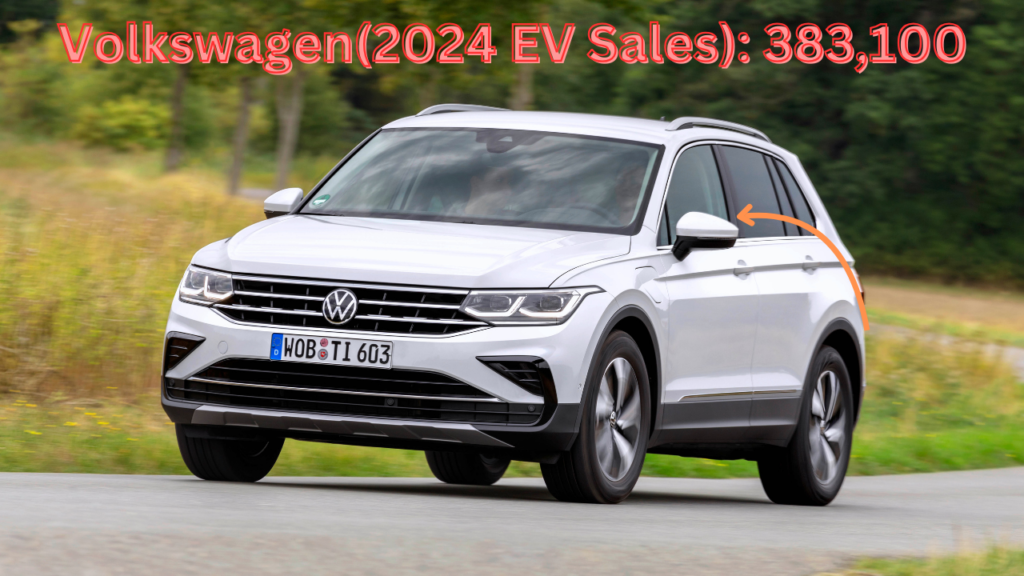
Tesla vs. Volkswagen: A Competitive Analysis
| Company | 2024 EV Sales | Notable Models | Market Strengths |
|---|---|---|---|
| Tesla | ~2 million | Model 3, Model Y, Cybertruck | Technology, Brand Loyalty, Supercharger Network |
| BYD | ~1.8 million | Han EV, Tang EV, Seal EV | Competitive Pricing, Local Dominance |
| Volkswagen | 383,100 | ID.3, ID.4, ID.Buzz | Global Presence, Established Brand |
Challenges for Legacy Automakers
Legacy automakers like Volkswagen face unique challenges in the transition to electric mobility:
- Supply Chain Constraints: Transitioning to EV production requires revamping supply chains, especially for battery components.
- High Production Costs: Developing and manufacturing EVs demand significant capital investments.
- Market Competition: Agile startups and established EV brands like Tesla pose stiff competition.
- Consumer Skepticism: Overcoming concerns about EV range, charging infrastructure, and pricing.
Volkswagen’s Electrification Strategy
Volkswagen’s roadmap for electrification involves aggressive investments in technology and infrastructure:
- Expanding EV Portfolio: Volkswagen plans to launch new models across different market segments to appeal to a broader audience.
- Battery Innovation: Investment in solid-state battery technology to improve range and reduce costs.
- Production Expansion: Establishing Gigafactories in Europe, North America, and China to scale up production.
- Software Integration: Developing in-house software for enhanced vehicle connectivity and autonomous driving.
Learn more about Volkswagen’s future plans here.
Regional Market Performance
Volkswagen’s EV sales vary across regions due to local market conditions, regulatory policies, and infrastructure development.
Regional Sales Breakdown
| Region | 2024 EV Sales | Key Models Sold | Market Dynamics |
|---|---|---|---|
| Europe | 180,000 | ID.3, ID.4 | Strong regulatory support, mature market |
| China | 120,000 | ID.6, ID.4 X | Intense competition, growing demand |
| North America | 50,000 | ID.4, ID.Buzz | Expanding infrastructure, rising demand |
| Rest of World | 33,100 | Mixed Models | Emerging markets, infrastructure challenges |
Future Outlook
Volkswagen aims to become a global leader in electric mobility by ramping up its EV production and introducing innovative models. The company’s goal is to achieve carbon neutrality by 2050 and have EVs account for at least 50% of its global sales by 2030.
Final thoughts
Volkswagen’s journey towards electrification has been marked by steady progress, but significant challenges remain. With 383,100 fully electric vehicles sold in 2024, the company is making strides but still lags behind global leaders like Tesla and BYD. To close this gap, Volkswagen must accelerate innovation, expand its EV portfolio, and enhance global infrastructure partnerships. The future of Volkswagen in the EV industry will depend on how effectively it adapts to the evolving market dynamics.
Volkswagen’s EV Journey in 2024: FAQs
- How many EVs did Volkswagen sell in 2024?
Volkswagen sold 383,100 fully electric vehicles in 2024. - What is Volkswagen’s long-term EV strategy?
Volkswagen aims for EVs to comprise 50% of its sales by 2030 and achieve carbon neutrality by 2050. - How does Volkswagen’s EV sales compare to Tesla’s?
Volkswagen’s EV sales are significantly lower than Tesla’s, which sold approximately 2 million EVs in 2024. - What challenges does Volkswagen face in the EV market?
Supply chain issues, high production costs, and competition from established EV brands. - Which Volkswagen EV models are most popular?
The ID.3, ID.4, and ID.Buzz are among Volkswagen’s most popular electric models.

